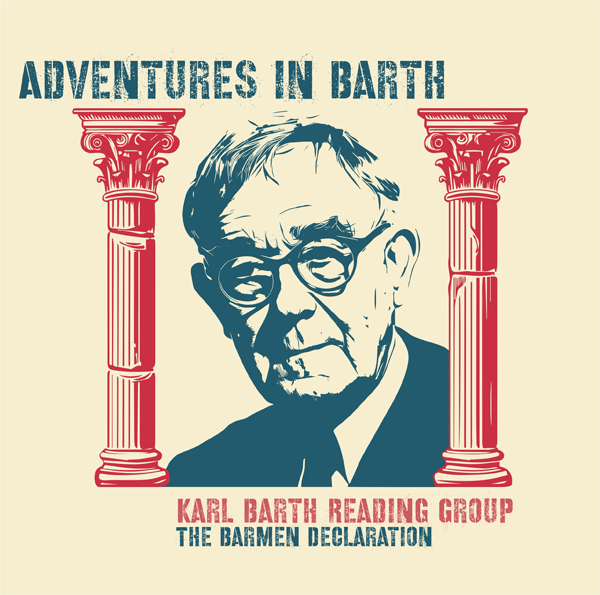The Case of J. K. Rowling
The other day the American Library Association was out with a report about an increase in attempted book bannings. It was unclear to me from the article how many of the “attempted” bans had succeeded. I tend to think of this kind of thing as the work of people on the right-wing, and often it is.
But the same day I read the ALA report, I saw a headline noting that over the weekend, there had been book burnings. But this time from people on the left. On fire were the works of J. K. Rowling, the author of the Harry Potter series.
Rowling has become a target for her views on transgender issues. While she supports the need and right of people experiencing gender dysphoria to transition, calls for the protection of trans people from bigotry or harassment, and hopes for them a life of comfort and happiness, she also argues that some spaces — rape crisis centers, women’s shelters, women’s prisons, and yes, bathrooms — need to be safe places for woman and girls and not accessible for people who are biologically male though may identify as female. She also believes that there is now a danger of children being pressured into or opting for gender transition medical treatments prematurely. She does not hate trans people, nor is she attacking them. She does have reservations and questions about the position of some activists and its implications for other vulnerable people.
Megan Phelps-Roper (whose own story of leaving the cult-like Westboro Baptist Church is quite interesting) has done a series of podcasts for The Free Press with Rowling titled, “The Witch Trials of J.K. Rowling.” I have listened to several of the series installments and recommend it. You can get it on Spotify, Apple podcasts and other similar outlets.
Rowling is a feminist whose own experience of violent abuse at the hands of her first husband undoubtedly influences her view that women and girls need, in some circumstances, to be assured of safe spaces where people who are biologically male cannot endanger them. Much of her own background, including the genesis of the Harry Potter series, is explored in the first podcast. It’s really a remarkable story of persistence. Not only in writing the book, in the face of her abusive husband’s attempts to control her and her work, but also the 12 publishers who turned Harry Potter down.
When Rowling began to share her views regarding trans issues, she was quickly under attack as a “bigot” and “transphobe,” for having — said her critics — betrayed the characters and values in her books, and — it was alleged — putting the lives of trans people in mortal danger.
Two things struck me here. In many sectors of life today, questions, doubts or nuance are seen as a deviation from a norm and cannot and must not be tolerated. This is true on both the far right and the far left. We see it among MAGA people and apocalyptic environmentalists. We see it with attempts to ban teaching about the history of slavery and racial oppression in the U.S., and in any who raise questions about the work of such activists as Robin De Angelo (White Fragility) or Ibram X. Kendi (How To Be An Anti-Racist).
As with Rowling’s critics, the move is often made to claim that questions, doubts or disagreements about the strictest position are equivalent to killing people. Many of us are very much on a hair trigger these days, ready to go to the mat over anything and everything. Anyone that doesn’t wholly toe the line are considered on “the other side.” To quote President George W. Bush in 2001, “You are either for us or against us.” There is no middle-ground. (I objected to that too, back then.)
I was struck in listening to Rowling by her clarity, honesty, courage and sheer humanity. She isn’t harsh or reactive, despite what she has been through, which is quite a lot. She claims, convincingly, that doesn’t care about money or fame. But she is quite adamant and articulate in standing by her principles. Like many of the people I admire I would describe Rowling, at least by current standards, as “moderate.” She is moderate in both her positions and in her personal style or affect.
Moderation is often seen as wishy-washy or derided as “both-siderism,” But that’s too easy. Some of the better writing I’ve encountered on moderation has been done by the Rabbi Norman Lamm, who was the President of Yeshiva University. Here are two quotes from Lamm that I hold onto:
“Moderation should never be confused with indecisiveness. On the contrary, a lack of self-confidence in one’s most basic commitments is often expressed in extremism. Only one who is sure of what he stands for can afford to be moderate. A strong heart can risk being an open heart.”
In this next quote Lamm references a tradition within Judaism known as Torah Umadda. Torah Umadda follows the Hebrew Torah and regards it as normative, but is open to secular culture and knowledge as well. (Once upon a time this was a way to describe “liberal Christianity.”) Here’s Lamm:
“For those of us in the centrist camp, Torah Umadda does not imply the co-equality of the two poles. Torah remains the unchallenged and pre-eminent center of our lives, our community, our values-system. But centrality is not the same as exclusivity.” (emphasis added). That is, I would add, where I am as a Christian: centered in the gospel and open to secular knowledge and culture.
I admire Rowling’s restraint and conviction, her moderation, in the face of attempts to silence her. May the tribe of the moderate increase.
![Anthony B. Robinson [logo]](https://www.anthonybrobinson.com/wp-content/themes/anthonybrobinson/images/logo.png)
![Anthony B. Robinson [logo]](https://www.anthonybrobinson.com/wp-content/themes/anthonybrobinson/images/logo-print.png)
